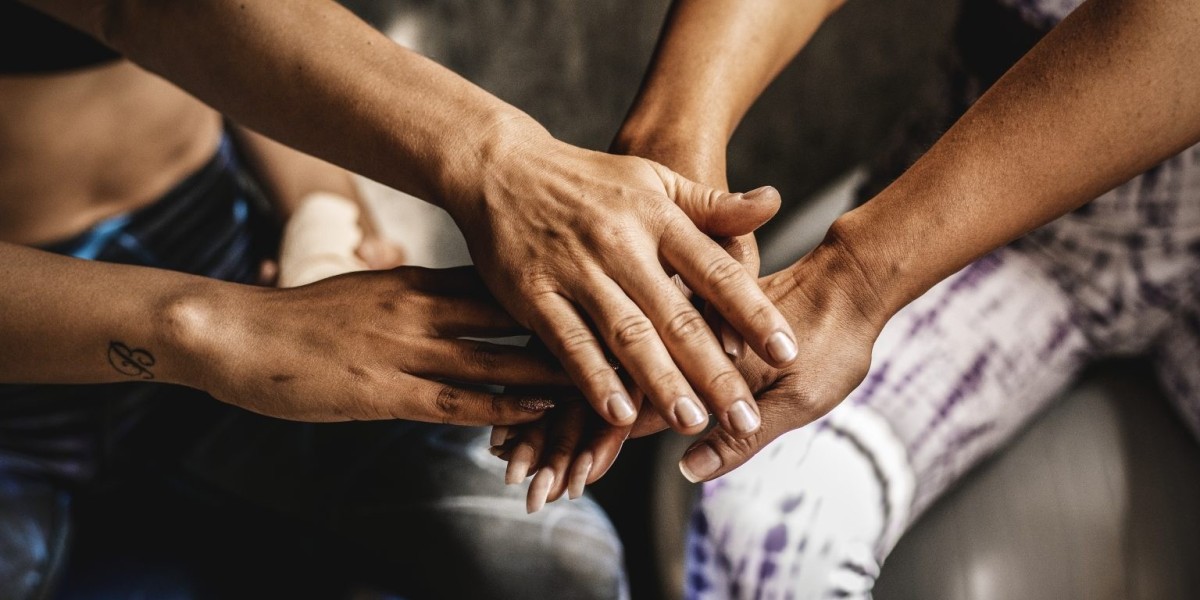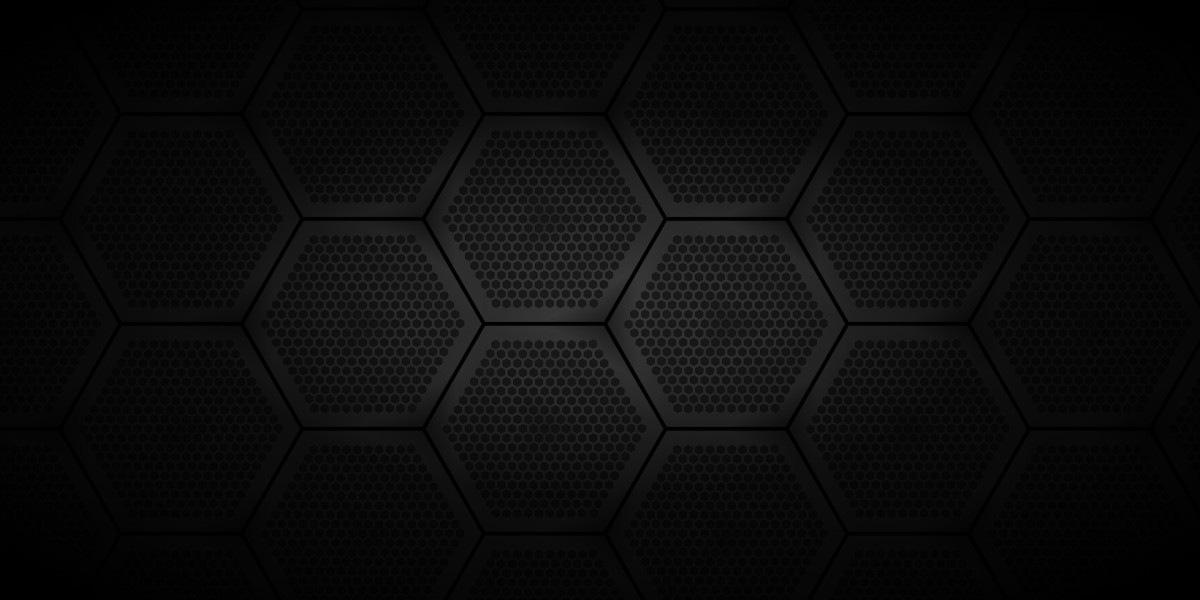In every corner of South Africa, a silent revolution is taking place. Women once bound by financial barriers are now rising — building businesses, lifting communities, and shaping futures. The driving force behind this powerful transformation? Microfinance Programs for Women Empowerment SA by WDB Trust.
This isn’t just a financial service. It’s a movement.
WDB Trust is breaking the mold, tearing down limitations, and rewriting what’s possible for thousands of women across the country. If you're still on the sidelines, the time to act is now — before you're left behind.
A New Era for South African Women
Picture this: a mother of three in a rural village starts a bakery with just a small loan. Within months, she’s not only feeding her family but employing neighbors and supplying shops across town. Multiply this story by thousands, and you begin to grasp the impact of Microfinance Programs for Women Empowerment SA.
These aren't just loans. They are gateways to independence, tools for transformation, and weapons against poverty.
WDB Trust has pioneered a system that puts real power in women’s hands — not tomorrow, not someday — but today.
What Makes WDB Trust Different?
In a world filled with empty promises, WDB Trust delivers results.
We don’t just hand over funds and walk away. Our Microfinance Programs for Women Empowerment SA come packed with training, mentorship, and ongoing support — because we know that knowledge is just as crucial as capital.
WDB Trust is built by women, for women. We understand the challenges, the cultural roadblocks, the fears — and we tackle them head-on. From the most remote villages to buzzing townships, WDB Trust meets women where they are and takes them where they want to go.
The Urgency Has Never Been Greater
South Africa is at a crossroads. Economic inequality is rising, unemployment is staggering, and millions of women remain excluded from formal financial systems. Every day that passes without action is a day lost.
But there is a way forward.
Microfinance Programs for Women Empowerment SA are not a luxury. They are a necessity. With WDB Trust, every woman has the potential to become a catalyst for change. The only question is: will she get the chance?
The Benefits Are Limitless
What do women gain from these groundbreaking programs? Everything.
- Access to Capital: Loans tailored to small and micro-businesses, with flexible repayment structures.
- Entrepreneurial Training: Hands-on coaching in budgeting, marketing, and scaling.
- Peer Support: Networks of women uplifting each other, sharing strategies, and building partnerships.
- Long-Term Growth: Financial inclusion that creates sustainable generational wealth.
And for communities? The ripple effects are undeniable. Health improves. Children stay in school. Local economies bloom. It all starts with one empowered woman — and multiplies beyond imagination.
The Numbers Speak Volumes
WDB Trust’s Microfinance Programs for Women Empowerment SA have already:
- Funded over 200,000 women-owned enterprises
- Generated income for more than 1 million dependents
- Created thriving business ecosystems in over 1,500 communities
These aren’t just statistics. These are testaments to a model that works — a blueprint for national revival.
Why You Can’t Wait
You might be thinking, “This sounds great — I’ll look into it later.”
But later is too late.
Opportunities are surging now. New funding cycles are being released. Demand is skyrocketing. Every second you wait is a second someone else claims your spot in a program that could rewrite your life’s story.
If you’re a woman ready to rise — or if you know someone who is — WDB Trust is your launchpad. Don’t just dream. Do.
Read More:
Community Microfinance for Women Empowerment South Africa








